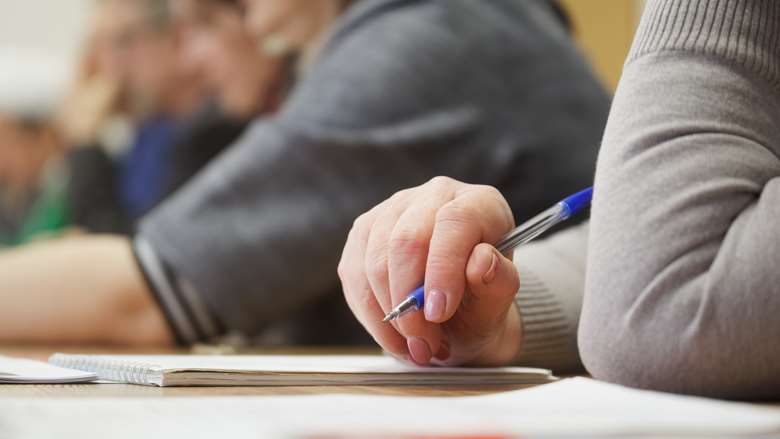A-level results: Music entries show marginal increase
Florence Lockheart
Thursday, August 15, 2024
A-level music entries rose by 0.4 per cent since 2023 , but have seen an overall decrease by 43 per cent since 2010 in England

Students across England, Wales and Northern Ireland have today received their A-level results. The Independent Society of Musicians (ISM) has completed its annual analysis of A-level exam data published by the Joint Council of Qualifications, and found that music entries in the UK for 2024 have increased marginally since last year.
The number of students taking up music A-level has seen an increase of 0.4 per cent since 2023 across the UK. However, when viewed in the context of the overall decrease in music entries by 43 per cent in England since 2010, the increase is minimal. For the second year in a row, fewer than 5,000 students in England took A-level music.
ISM chief executive Deborah Annetts said: ‘We firmly believe that every child should have access to high quality music education in school, wherever their school is, what type of school they go to and regardless of their background. Too many students are missing out which means they miss out on the education they deserve and damages the talent pipeline into the music sector.’
The ISM argues that the decline in A-level music uptake stems from the introduction of the English Baccalaureate (EBacc) in 2010. The EBacc is a set of GCSE subjects that, according to the government website, ‘keeps young people’s options open for further study and future careers.’ To gain an Ebacc students must take subject on the government’s approved list of qualifications: English language and literature, maths, the sciences, geography or history and a language. Notably, the Ebacc excludes all arts subjects, potentially blocking student’ paths to studying music at A-level.
Annetts added: ‘The new Labour government have said they want to support creative education, and we are eager to support them grow our brilliant subject in schools.’
A school can be judged on its EBacc average point score which is based on the number of students taking the Ebacc. These accountability measures were introduced by the previous Conservative government, and Labour has promised to reform the Progress 8 accountability measure to ensure there is ‘more access to creative and vocational education in school’.

